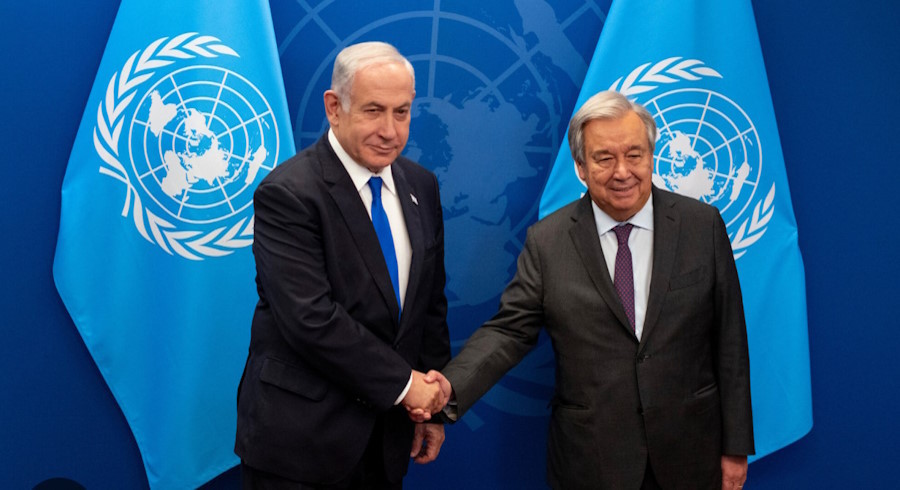Thailand’s economic recovery is ongoing, but at a slower pace than regional peers, and faces significant downside risks, according to the International Monetary Fund (IMF). The IMF’s Executive Board recently concluded its 2024 Article IV consultation with Thailand, endorsing the staff’s appraisal of the country’s economic situation and policy recommendations.
Gradual Recovery, Subdued Inflation
The IMF acknowledges Thailand’s gradual economic recovery, which has been primarily fueled by private consumption and a rebound in tourism-related activities. Economic activity expanded modestly by 1.9% in 2023 and 2.3% in the first three quarters of 2024. Inflation has remained subdued, averaging 0.4% annually in 2024, significantly below the Bank of Thailand’s (BOT) target range of 1-3%. This is attributed to external factors like declining global energy and food prices, and domestic factors such as energy subsidies and price controls.
Growth Projections and Fiscal Stance
The IMF projects a gradual cyclical recovery, with real GDP growth expected to reach 2.7% in 2024 and 2.9% in 2025. This outlook is underpinned by the expansionary fiscal stance of the 2025 budget, which includes additional cash transfers (amounting to 1.0% of GDP) and a rebound in public investment. Tourism-related sectors and private consumption are expected to continue supporting growth. As growth firms up, inflation is expected to rise but remain within the lower half of the target range in 2025. The current account balance is projected to improve further in 2024 and 2025, driven by the ongoing tourism recovery.
Downside Risks and Uncertainties
Despite the positive projections, the IMF emphasizes the downside risks and uncertainties facing Thailand’s economy. These include:
- External Risks: Escalation of global trade tensions, geoeconomic fragmentation, commodity price volatility, tighter global financial conditions, and regional conflicts.
- Domestic Risks: Private sector debt overhang, which could impair financial institutions and credit supply, and renewed political uncertainty that could hinder policy implementation.
Policy Recommendations: Shifting Focus to Fiscal Consolidation
The IMF’s key policy recommendations focus on shifting the economic policy emphasis away from growth impetus to one that preserves fiscal space:
- Fiscal Consolidation: As economic slack narrows, the IMF advises shifting the focus to rebuilding fiscal space. A less expansionary fiscal stance, as envisaged under the FY25 budget, would provide impulse to support the recovery and help preserve policy space. Alternatively, reallocating part of the planned cash transfers toward productivity-enhancing investments or social protection would promote stronger inclusive growth and help reduce the public debt-to-GDP ratio. Starting in FY26, a revenue-based medium-term fiscal consolidation is needed to bring down public debt and rebuild buffers.
- Strengthening Fiscal Framework: The IMF calls for strengthening Thailand’s fiscal framework by:
- Introducing risk-based rules to better support the debt anchor.
- Adequately accounting for the costs associated with quasi-fiscal operations like energy price caps.
- Closely monitoring fiscal risks.
- Improving data provision for government finance statistics and state-owned enterprises (SOEs).
- Monetary Policy and Exchange Rate Management: The IMF welcomes the BOT’s decision to cut the policy rate in October and recommends a further reduction to support inflation and borrowers’ debt-servicing capacity. The IMF highlights the importance of central bank independence, clear communication of policy moves, and data-dependent monetary policy adjustments. Effective coordination across policy tools and the complementary use of FXI to smooth destabilizing premia are essential for managing adverse scenarios. Further liberalization of the FX ecosystem and phasing out of remaining capital flow management measures would help deepen the FX market and limit the need for FXI over time.
- Addressing Household Debt: The IMF recommends a comprehensive package of prudential and legal measures to facilitate an orderly private deleveraging. Simultaneous and forceful implementation of personal debt workouts via more effective bankruptcy proceedings is essential to lower the existing household debt stock.
- External Rebalancing: The IMF suggests that policies aimed at promoting investment, enhancing social safety nets, liberalizing the services sector, and minimizing tax incentives and subsidies that distort competition would facilitate external rebalancing.
- Structural Reforms: The IMF emphasizes the need for resolute structural reforms to boost productivity and competitiveness, including facilitating competition and openness, upgrading infrastructure, upskilling the labor force, and strengthening governance.
Selected Economic Indicators
| Indicator | 2023 | 2024 (Projected) | 2025 (Projected) |
| Real GDP Growth (y/y %) | 1.9 | 2.7 | 2.9 |
| Inflation (y/y %, end of period) | -0.8 | 1.2 | 1.3 |
| Current Account Balance (% GDP) | 1.4 | N/A | N/A |
| Unemployment Rate (%) | 1.0 | N/A | N/A |
| Public Sector Debt (% of GDP) | 62.4 | 63.3 | 64.7 |
Unique Insights from the IMF Assessment
- Subdued Inflation: The IMF specifically notes that despite the economic recovery, inflationary pressures are surprisingly weak. This gives the BOT room to further reduce policy rates, a move the IMF actively encourages.
- Debt Deleveraging: The call for simultaneous and forceful debt workouts underscores the severity of the household debt situation in Thailand, emphasizing the need for immediate and structural solutions.
- External Position: The IMF views Thailand’s external position as moderately stronger than warranted and encourages policies to promote domestic investment and competition.
- Fiscal Prudence vs. Growth Support: The IMF walks a tightrope between advocating fiscal consolidation to rebuild buffers and recognizing the need for fiscal stimulus to support the ongoing recovery, suggesting a more targeted approach focusing on productivity-enhancing investments.
Conclusion
The IMF’s assessment of Thailand’s economy presents a mixed picture. While the country is experiencing a gradual recovery driven by tourism and private consumption, it faces significant downside risks and structural challenges. The IMF’s policy recommendations emphasize the need for fiscal prudence, structural reforms, and effective management of household debt to ensure sustainable and inclusive growth.


